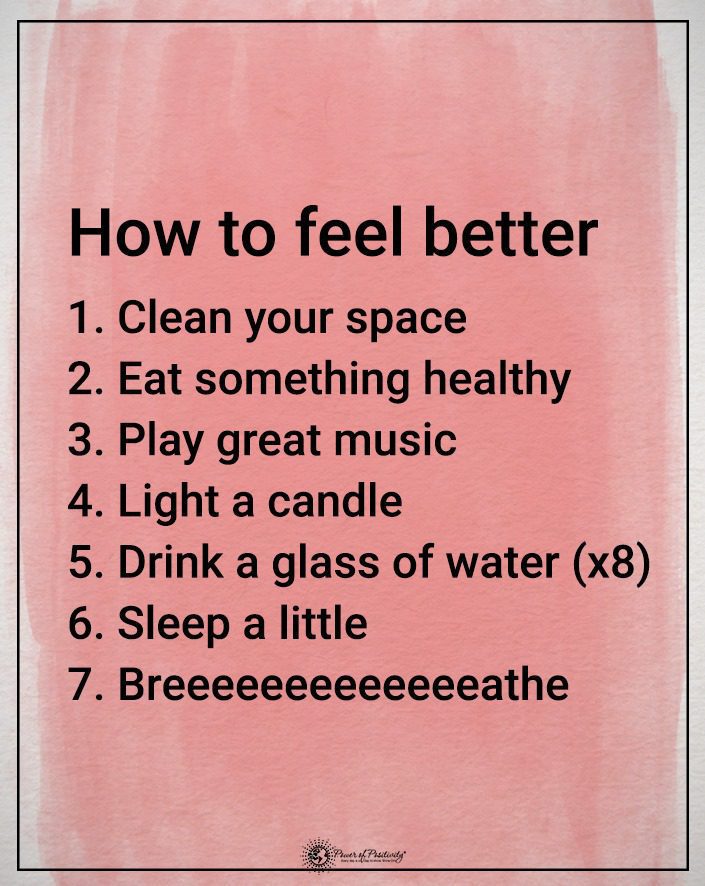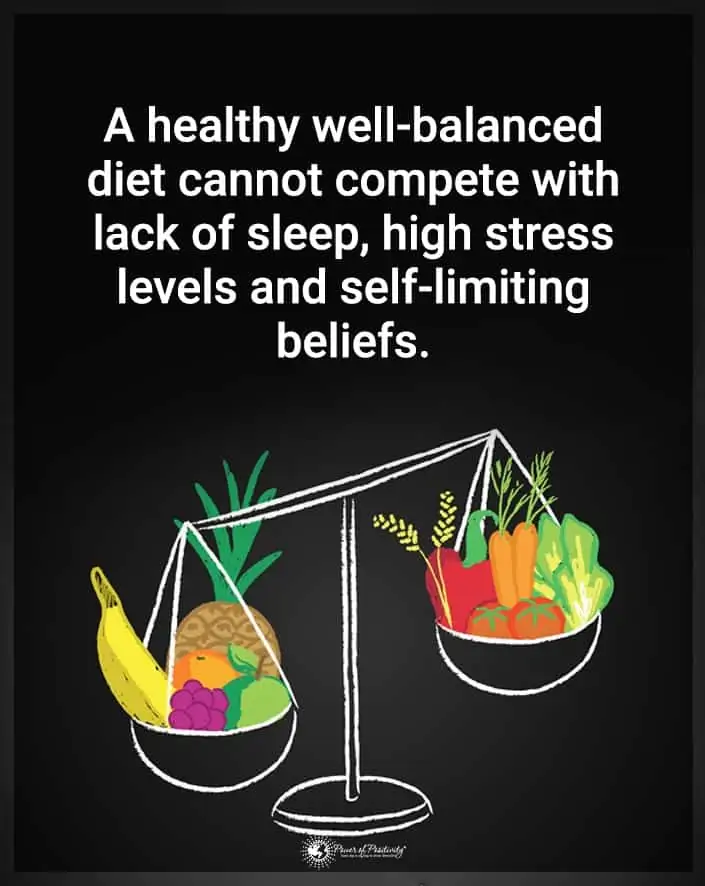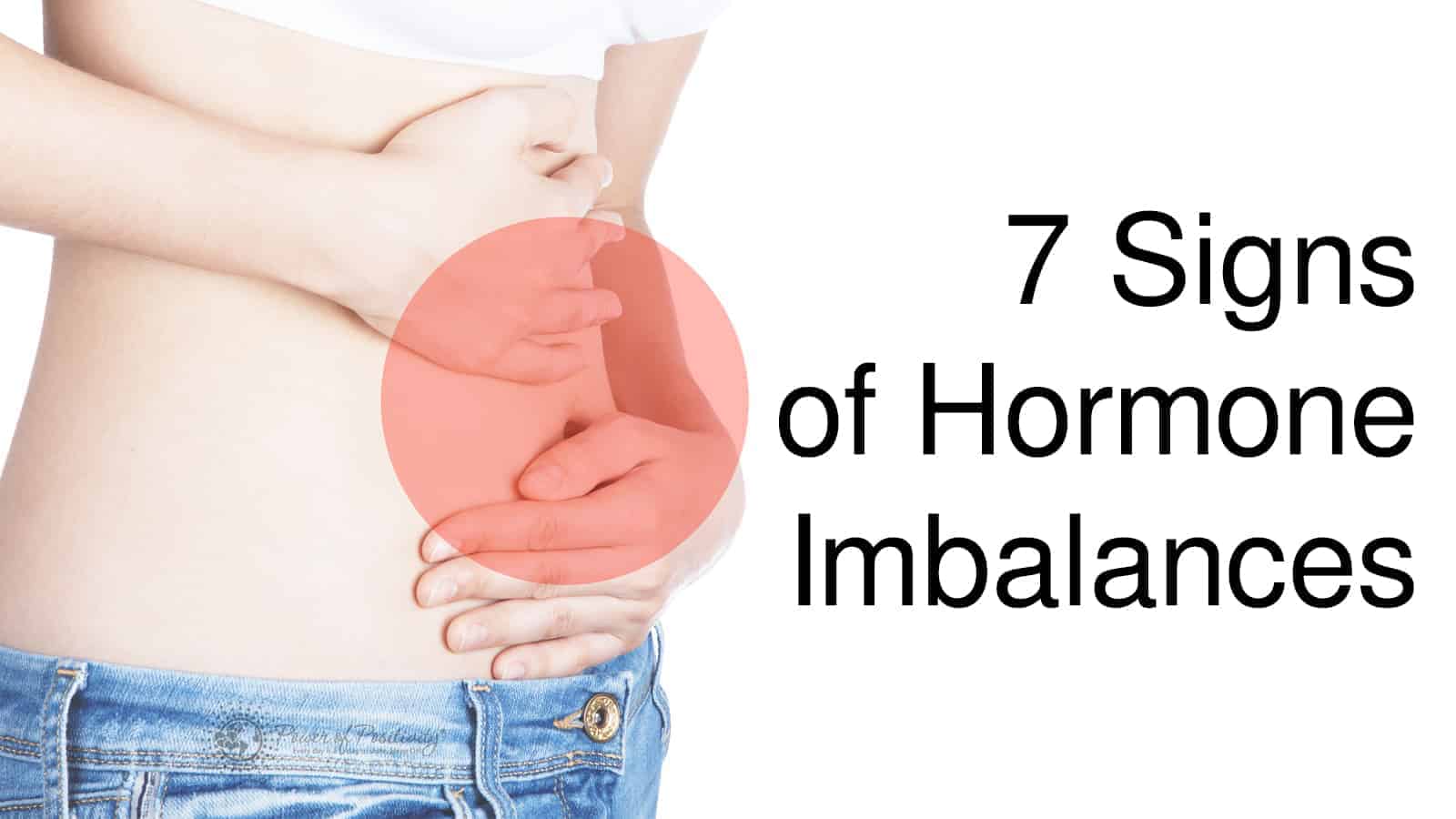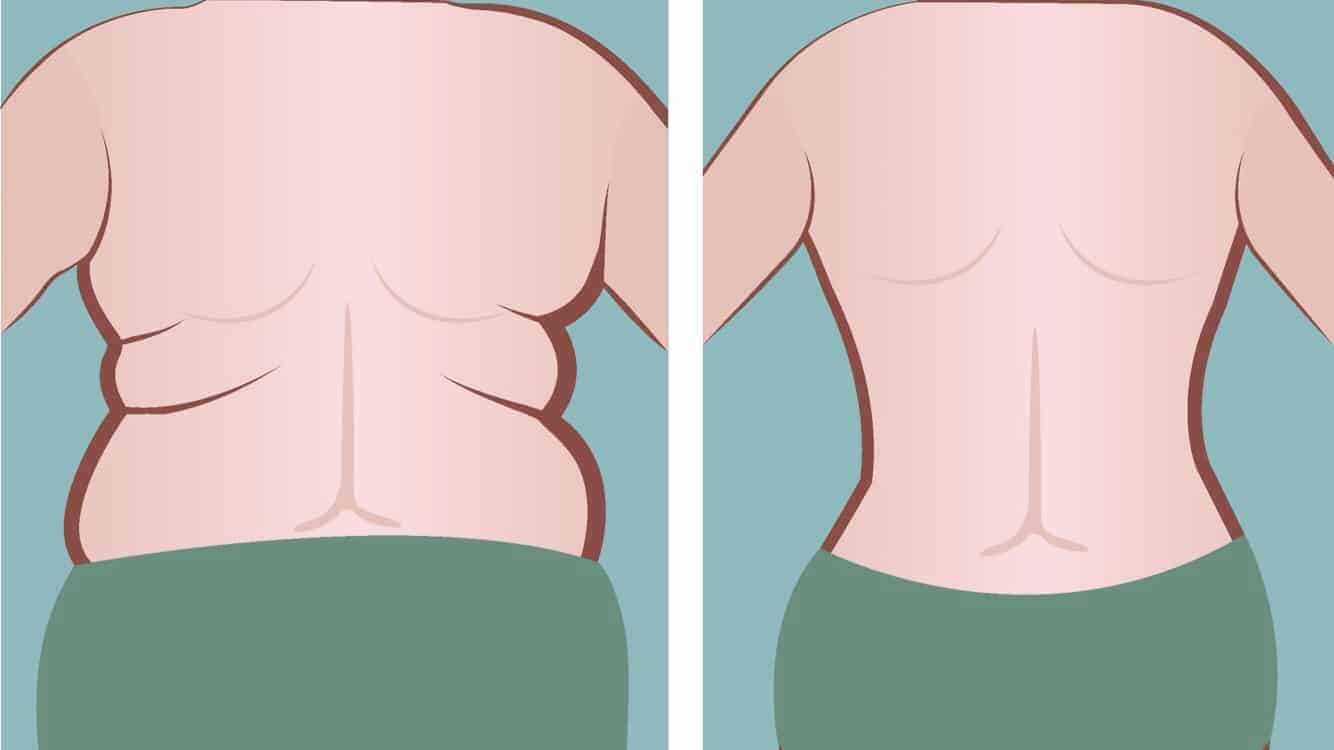Feeling off lately? It might be that the change you’re noticing is due to a hormone imbalance. No matter how much you may remember from your biology class, now that you’re focusing on your health and well-being, it may be time to re-learn what your hormones are actually doing for you.
Whether you’re male or female, estrogen, progesterone, testosterone, cortisol, insulin, serotonin, thyroid, and other hormones that you’ve never heard of are coursing through your body right now. When all of these work together as they should, our bodies function well.
Although women are more often accused of “being hormonal,” men also experience hormone changes that can affect their physical appearance and behavior. Women go through menopause, men go through andropause, and all of us are going through hormonal changes as we age.
When your hormones are imbalanced, your health and well-being can suffer as a result. Here are 7 signs of a hormone imbalance to talk with your medical provider about.
7 Signs Of A Hormone Imbalance
Keep attuned to what your body tells you. Do you have these symptoms?
1. Trouble sleeping
 If you’ve noticed that your sleep patterns have changed, especially if you sleep less than before, you may be experiencing a hormone imbalance. For women, this could mean low progesterone and for men, this could mean lower testosterone. Read more about testosterone therapy and how it can help those who have low levels of testosterone.
If you’ve noticed that your sleep patterns have changed, especially if you sleep less than before, you may be experiencing a hormone imbalance. For women, this could mean low progesterone and for men, this could mean lower testosterone. Read more about testosterone therapy and how it can help those who have low levels of testosterone.
Women may experience less sleep when they feel uncomfortable from hot flashes or night sweats that are associated with menopause.
Getting less sleep than usual as a result of hormonal changes is more common over the age of fifty. Women can use progesterone cream and men can use nutritional supplements to increase these hormone levels.
2. Libido changes
A reduction in your desire for sexual intimacy usually means a decrease in hormone levels for both men and women. For men, this is due to lower testosterone; for women, lower estrogen levels than normal. Women who are experiencing menopause also may see a decrease in their desire to have sex due to vaginal dryness or pain during intercourse as a result of lower estrogen.
The good news for women is that orgasm was shown to increase estrogen levels according to a study by the University of Michigan. Women can also make dietary changes to increase estrogen or get a prescription from their doctors. Men can increase the amount of muscle-building exercise to improve their testosterone levels.
Women also experience breast changes or pain as well as period changes or pain. These uncomfortable symptoms are also associated with hormone changes. Feeling pain associated with these hormonal changes can certainly have an impact on your sex life.
3. Memory Problems
Having trouble remembering where you left your car keys? Lower estrogen might be to blame. Foggy thinking can also stem from low cortisol levels. Chronic stress can leave the adrenal glands unable to continue to produce cortisol. Stress produces cortisol, which in small doses is healthy for you but chronically high cortisol can deplete your adrenal glands later in life.
4. Digestive problems
Irritable bowel syndrome (IBS) can be due to lower levels of serotonin. Women sometimes see IBS symptoms increase close to their periods as a result of changes in estrogen and progesterone.
Gastrointestinal discomfort can also come from low cortisol levels. Cortisol is naturally high in the morning to help you wake up but again, depleted adrenal glands can leave your cortisol lower than usual.
5. Appetite changes
Changes in your sleep habits may have an unpleasant result with regard to your weight. If you are getting less sleep than usual, your levels of the hormone ghrelin are higher than normal. Ghrelin makes you hungrier than usual while leptin and oxyntomodulin, suppress your hunger.
In one study of volunteers who were sleep-deprived, their ghrelin hormone levels were extremely high so they felt hungry. Being chronically tired may result in your tendency to gain weight just as a result of your increased hunger sensation.
6. Mood swings
If you’ve been on an emotional rollercoaster lately, it could be the result of hormonal changes leading up to menopause. Excess estrogen can be a cause of mood swings, whereas anxiety can be due to lower progesterone, and depression could be due to lower estrogen levels.
 7. Weight changes
7. Weight changes
Lower progesterone levels and an excess of estrogen can lead to an unexplained weight gain in women while men can see weight gain as a result of excess estrogen. Weight loss for men can be a result of testosterone deficiency.
Balancing hormones may require diet and lifestyle changes or it may require the intervention of a medical professional. Some herbs have been known to help enhance hormone production as well. In Chinese traditional medicine, for example, horny goat weed or yin yang huo extract has been used to increase libido in both men and women.
You can have a saliva test done to check your hormone levels. Your physician can determine your hormone levels and consult with you about how to make adjustments to restore your hormonal balance.
















